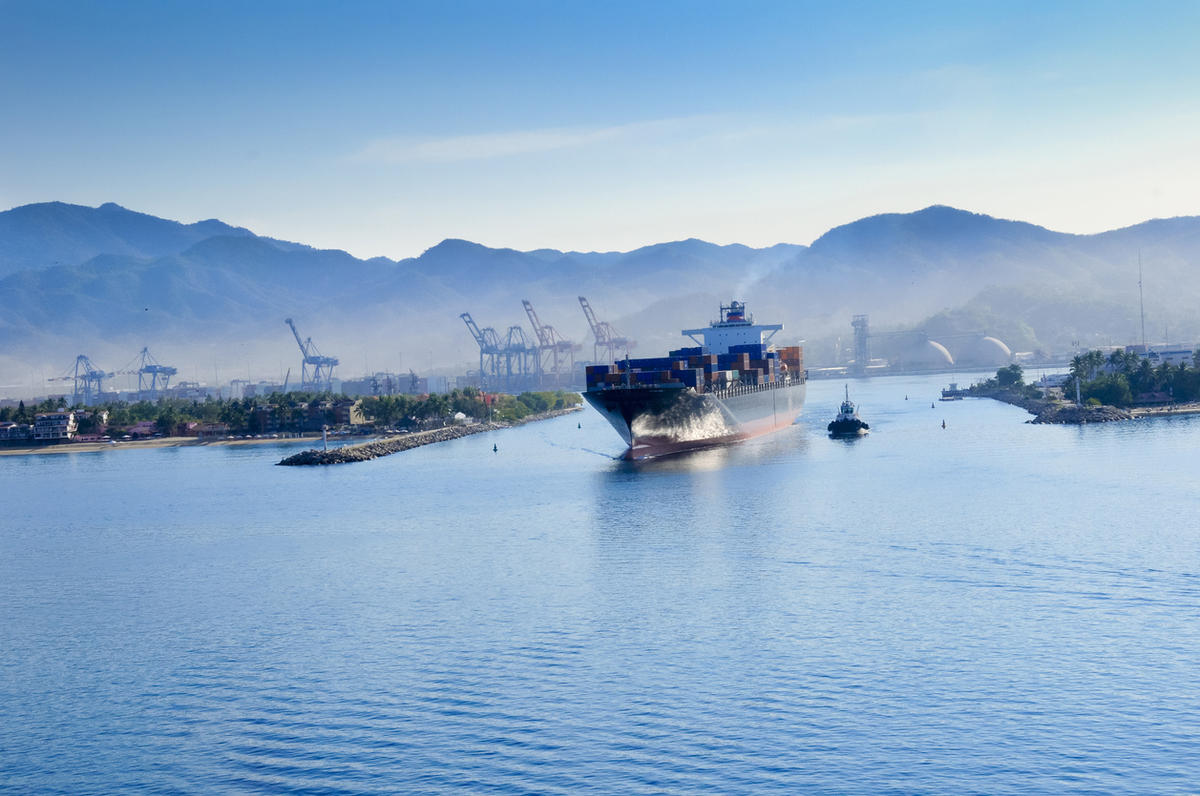Mexico can become competitive producer of green marine fuels - report
With a policy push and incentives for investment into renewable energy, Mexico can become a competitive producer and exporter of zero-emission fuels for bunkering, a report by P4G and the Getting to Zero Coalition finds.
 PHOTO: A container ship leaving the Port of Manzanillo, Mexico, with a tug boat. Getty Images
PHOTO: A container ship leaving the Port of Manzanillo, Mexico, with a tug boat. Getty Images
The country has access to abundant renewable energy sources in the form of mostly solar and wind , but also geothermal, biomass and hydropower, which it can use to produce 932-4,992 TWh/year of renewable electricity by 2030, it says. This can help to decarbonise local industries along with domestic and international shipping.
“The massive demand for zero emission fuels that will arise constitutes a major growth opportunity for Mexico, having the chance to become a future powerhouse for international shipping in Latin America,” said Ingrid Sidenvall Jegou, project director at the Global Maritime Forum.
The authors suggest that Mexico should develop a hydrogen roadmap, encourage port authorities to come up with a decarbonisation plan, and reduce administrative hurdles to set up plants to produce hydrogen and other fuels with zero-emission potential.
Mexico’s Manzanillo, which handles mostly containership traffic, is highlighted as a port that can supply and export green fuels.
They urge Mexico to sign the Clydebank Declaration and become part of a green shipping corridor with one or more of the other 24 countries signed up. Both Mexico's east and west coasts lie close to major international shipping routes.
Launched at COP26 meeting last year, Clydebank Declaration signatories aim to establish zero-emission maritime routes between two or more ports.






